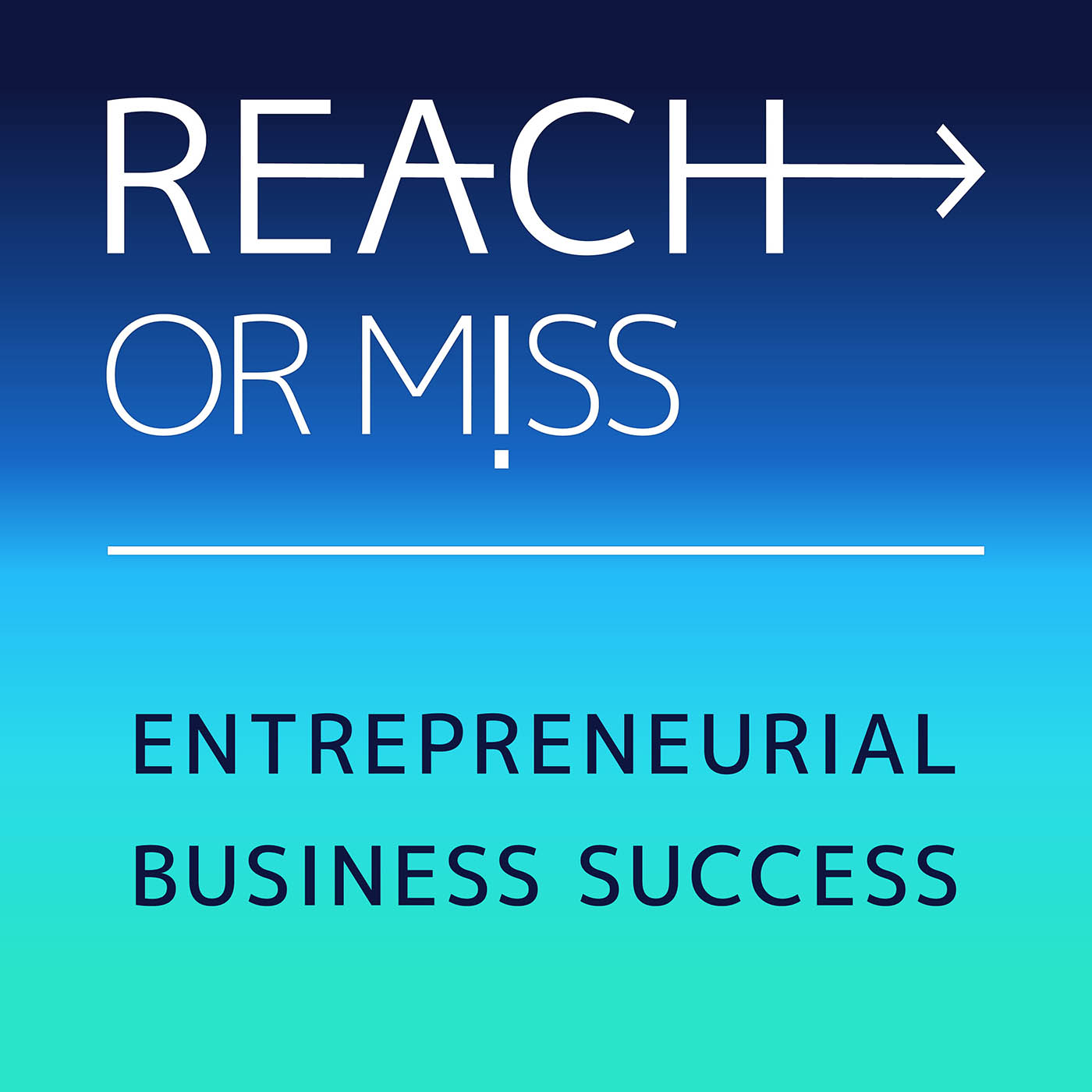Ep. 031 – Richard Chowning opened Africa Mentor to help businesses get into the continent, succeed, and create jobs, to lift Africans’ standard of living

Richard Chowning Show Notes Richard Chowning is the founder and director of Africa Mentor whose mission is to help businesses put their best foot forward in Africa. Chowning is located in Texas. Africa Mentor has official representatives in the Ivory Coast and Ethiopia and has relationships with governments and private sector businesses throughout Africa. Chowning has worked in Africa for 25 years (16 in Kenya and 9 in Benin) and has been involved in project management and leadership training in Africa for more than 40 years. He is fluent in three African languages (Swahili, Aja, and Kalenjin). Past and current clients come from the automotive, pharmaceutical, mining, architectural, hospitality, technology, construction, and manufacturing sectors. Most passionate about My company, Africa Mentor, is different from everything I’ve done all my professional life and that’s marketing myself. I was a missionary for 25 years in Africa, and I did a lot of projects with nonprofit organizations. I did a lot to help the people but as far as economical help and really battering their life that’s something very difficult to do from a nonprofit perspective. As long as there was outside money coming in, the project went on but when the donation money stopped, the project couldn’t go on. I started to study how the economies and the standards of living can be lifted because I knew so many of these poor people myself very personally, walked with them in the rural areas for so many years. Most of my life in Africa, I was in two countries, Kenya and Benin. I found out that the companies that really helped to lift the economies and standard of living were the for profit companies because they created jobs. And as much as the companies became sustainable in Africa, they created more jobs. So, my dream was, when I decided to establish the Africa Mentor, to help the economy of Africa, helping people and companies that want to establish their businesses in Africa get into the continent, succeed, and create more jobs and lift the standard of living. Richard’s customers Mostly startups. Well established companies don’t want help, they’ll do it their way. My customers are small businesses, usually with one or two founders, just starting out and wanting to establish their presence in the continent. In terms of sectors, I work with the pharmacy, development companies in construction, residential, commercial, and agriculture, as well as automotive, and mining. I haven’t worked with high tech hardware companies. The interesting thing though, is that most of my clients are Africans of the diaspora, that have been many years in UK or US and want to go back home with a business. I understand them. Richard’s best advice about approaching the customers My best advice both to myself, and to all entrepreneurs, is to listen very well to the customers, to really understand what their story is about and what they want. And to make sure that I can provide them with what they want. As entrepreneurs, we think we understand very well what we need to do, and we fully understand our sector, and we feel we should make the customers understand us…. While the most important thing is for us to understand them. Biggest failure with a customer A lot of entrepreneurs contact me and want me to find investors for them so they can then begin marketing in Africa. And in the beginning, I was ready to try anything, but I don’t have the connections needed and it’s not my expertise and I wasted an awful lot of time. It wasn’t fun for me and it wasn’t fun for the clients. I believe in lean startups. Start very small at the beginning and learn what works and what doesn’t, and then if needed, pivot or change what is. I was working with a couple that wanted to sell used cars in Africa and I advised them to start with few cars and see what type of cars people are attracted to and study the price range and it seemed like they understood that....